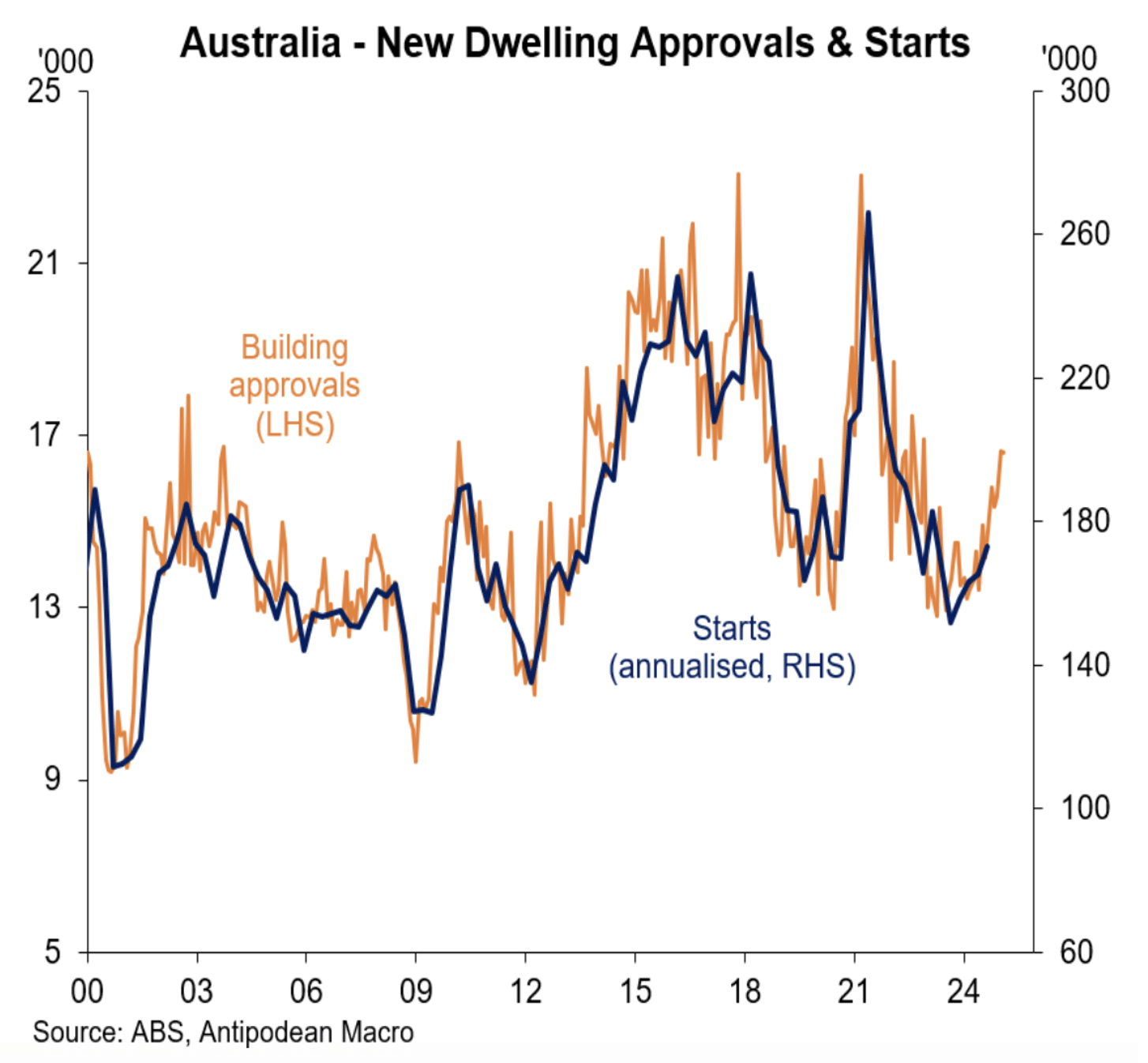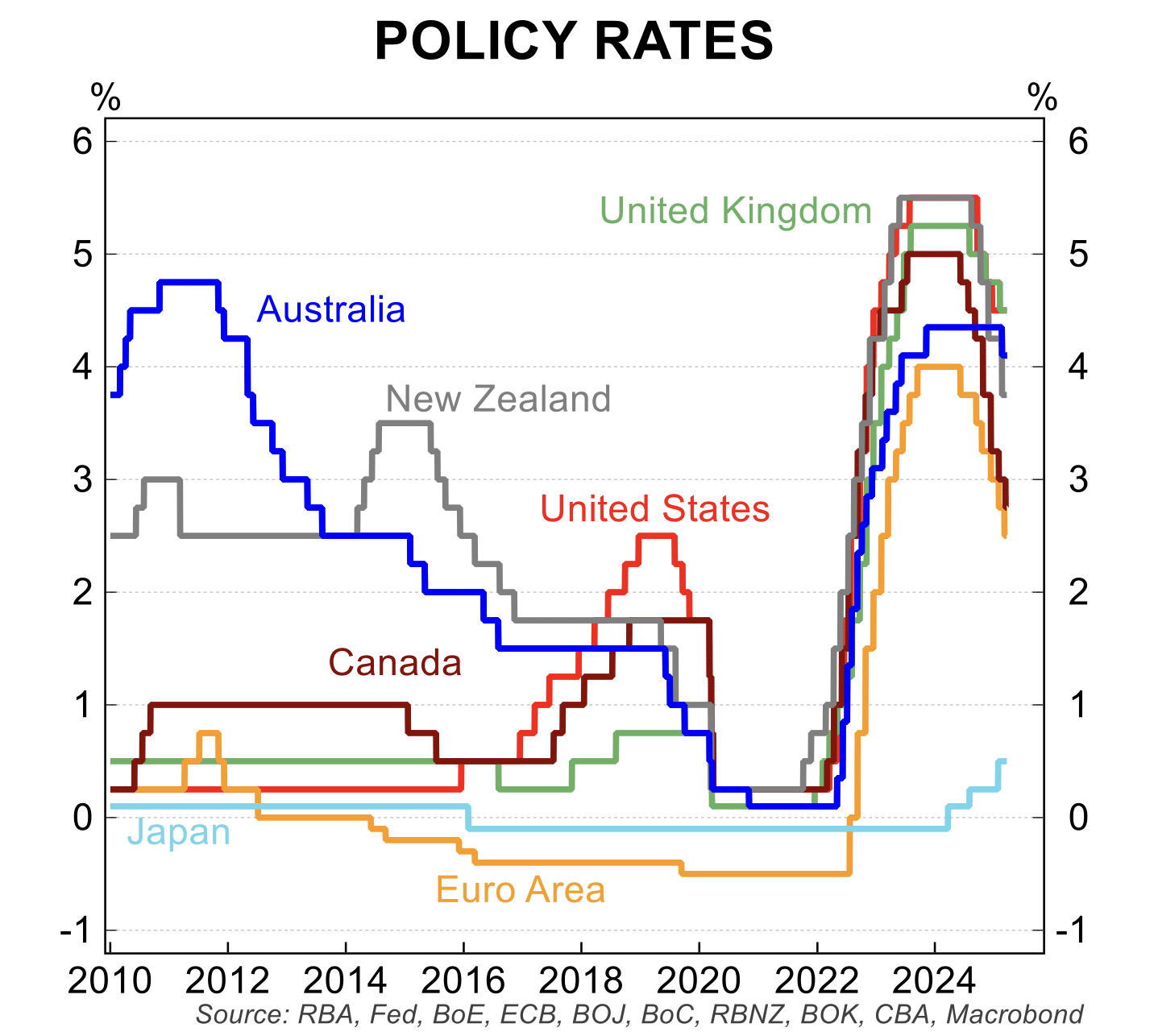The Australian private credit asset class has become increasingly popular among investors, so it’s no surprise that the number of investment managers in this space has grown to meet the demand. One of the appealing aspects of debt-based investments is the ability to provide capital protection by holding a registered mortgage security over a real asset.
In an event of default, investors can take some comfort knowing that the investment manager can control a process under the relevant mortgage provisions, and work towards an outcome that maximises the ability to recoup funds invested.
The process in which investment managers undertake due diligence is critical.
Many factors contribute to the risk and return profile of an investment, including how the investment manager selects each borrower (also known as a sponsor or counterparty), the quality of their underlying assets (location, product, depth of market) and other relevant factors that can have a marked impact on the loan or investment.

The depth of knowledge in all facets of the lending and investment sector is imperative.
Below we outline the key questions that Zagga asks when assessing the quality of a commercial real estate debt investment.
How attractive is the underlying asset?
At Zagga, our in-depth due diligence process involves scrutinising various aspects of a new real estate project, or an existing asset. This includes (but is not limited to) the loan purpose, the experience and financial strength of the sponsor, the specific features of the property, and the financial profile of the project itself.
Ensuring we know what will affect the ultimate value of the asset is key to ensuring a well-priced loan with the appropriate risk profile.
What are the credentials of the sponsor?
Zagga will only lend to parties who have a clear and credible track record in delivering the type of project they are seeking to fund.
For construction loans, we need to understand the capability and capacity of the delivery team, which includes the developer, builder and third-party consultants such as principal certifying authority, design team, project management team and key consultants such as architects and engineers. The next step is to rigorously test that capability and undertake due diligence such as visiting former projects and talking to third parties such as quantity surveyors, valuers and other stakeholders, who have worked with the sponsor in the past.
The sponsor also needs to have the financial capability, such as a access to liquid assets and working capital facilities to contribute to funding the works applicable to meet progress payments on a cost to complete basis.
Essentially, it comes down to a combination of ensuring we are comfortable with the sponsor’s execution capability and their financial strength.
What are the terms of the deal?
First and foremost, we look to the details of the security package proposed. Zagga traditionally takes a first mortgage over the underlying real estate asset – meaning that we are first in priority as a secured creditor, should a default occur and recovery action be taken. In addition, we look for corporate and individual guarantees from the sponsor, a charge over the borrowing entity and multiple contractual documents that protect our interests as a lender.
We also work with the sponsor to agree the most appropriate loan tenor, covenants and terms, making sure they are in line with the expectations of the borrower as well as our stress-test outcomes. We are always looking to protect investors funds whilst looking to generate a commensurate return based on the risk and tenor proposed. We typically provide loans with 12-24 months terms, which also means we are not working through multiple economic cycles. This approach provides a cushion against other longer term arrangements that can be subject to more volatile movements in sub-sectors within the property and funding markets.
We work very hard to make sure we clearly evaluate the level of risk of a transaction, identify the appropriate cost of capital for it, and then using our intimate knowledge of our investor appetite, we work to ensure they are comfortable with both the risk and the underlying return.
What are our protections as a lender?
In rare instances where a loan may default and recovery action is required, our executive team has the knowledge and experience required to manage the process in an efficient and cooperative manner.
We use the services of the major legal firms when preparing loan and legal documents, which in a default scenario, provides thorough provisions to manage what is a difficult and complex process. We will always try and work with the sponsors before any legal intervention takes place.
Our hands-on approach to managing loans involves regular site inspections, and keeping close contact with stakeholders in order to be aware of any issues before they arise.
Our credit team is acutely aware of the continuous changes in the property industry, including statutory authority regulations, state and local planning controls, as well as practical cost and time pressures relating to supply-chain issues of materials and labour
This gives us confidence to manage obstacles on any development site, whether we are assessing relatively simple transactions, or more complex but opportunistic circumstances.
This is where the capability of an investment manager comes to the fore. Finding borrowers and originating loans is one part of the skill set for commercial real estate debt; the other is protecting the value of the assets over the life of the loan.
Why? Quite simply, so that investors can receive the returns they expect, at the risk level they have agreed to, whilst ensuring the best possible preservation of their principal investment. Zagga achieves this through the depth and breadth of our team’s experience in building, credit assessment and investment management.
Being an 'investor-first' business is a guiding principle that informs every decision we make. In our investment and underwriting activities, we prioritise the interests of our investors above all else, positioning their needs and concerns at the forefront of our minds.
If you want to know more about how we are operating in the current real estate market, read our white paper, or get in touch with us.




